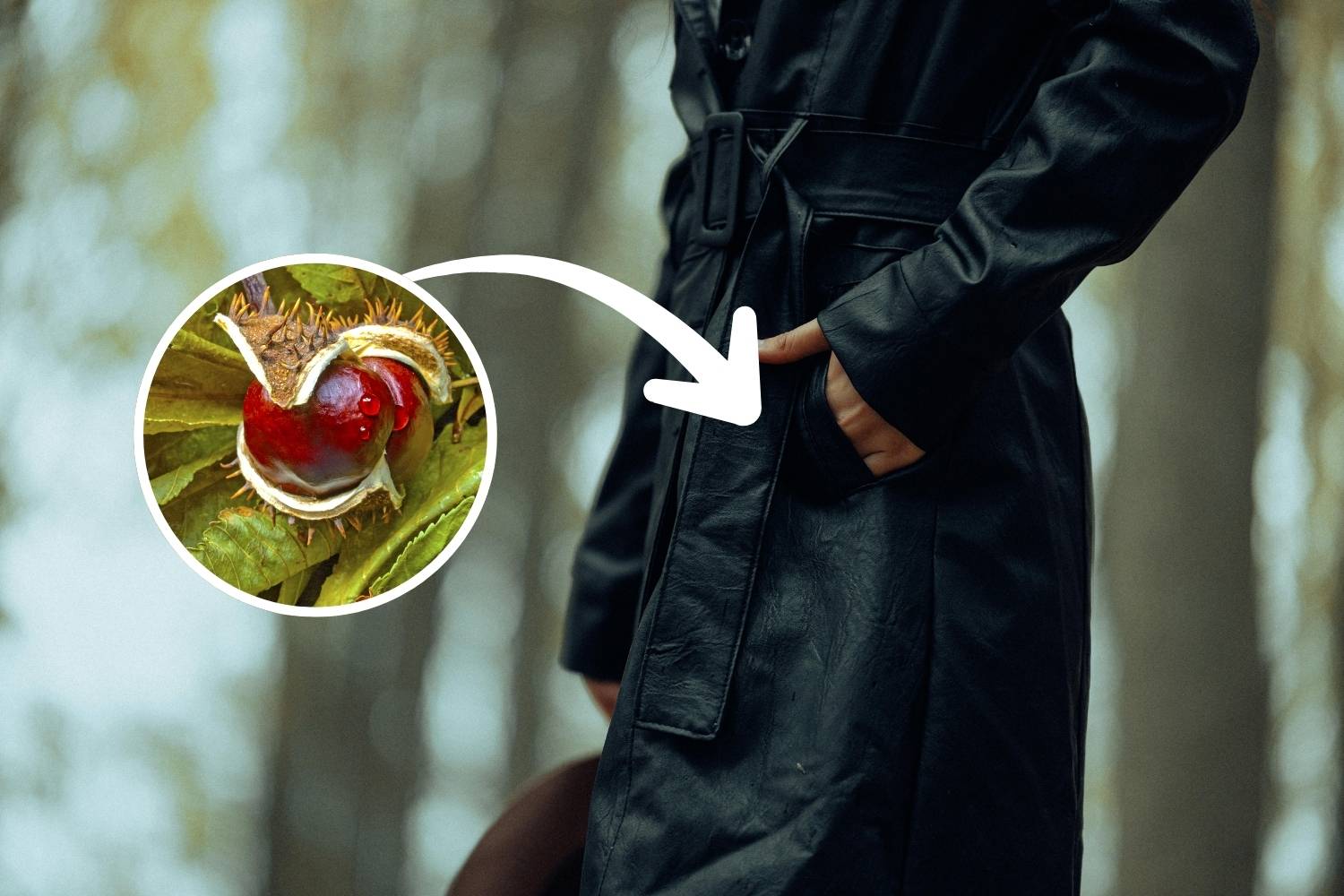In peasant tradition, it was believed that carrying a chestnut in your pocket could protect against colds. But is there any basis to this belief? Where does it come from?

Chestnuts are one of autumn’s iconic fruits, beloved not only for their sweet flavor and hearty texture, but also for their numerous beneficial properties. Rich in fiber, vitamins, and minerals, chestnuts are a nutritious and versatile food appreciated worldwide. There’s a curious folk tradition connected to this fruit that’s particularly intriguing during a time when seasonal ailments like the common cold are commonplace.
According to an ancient peasant remedy, carrying a chestnut in your pocket during winter would help prevent colds. At this point you might imagine using chestnut-based decoctions or infusions, but the reality is quite different. The fruit in question isn’t the common edible chestnut, but the horse chestnut, also known as the mad chestnut, which comes from the horse chestnut tree (Aesculus hippocastanum). This fruit, which is inedible and even toxic to humans, was kept in pockets as an amulet against colds.
Where does this belief come from?
The origins of this tradition are rooted in rural culture: it was believed that horse chestnuts had beneficial effects on horses, helping them breathe better and reducing respiratory problems. Indeed, the active ingredient contained in this fruit, aescin, has anti-inflammatory and vasoprotective properties, useful for improving circulation and reducing swelling. However, ingesting horse chestnuts is dangerous for humans, and its effectiveness as a “lucky charm against colds” remains pure folk suggestion.
Despite the lack of scientific evidence, the gesture of keeping a chestnut in your pocket retains an ancient charm: a small ritual that recalls the magical-therapeutic practices of times past, when the line between medicine and superstition was very thin.
Whether you consider it a symbol of protection or simply a folkloric curiosity, this custom reminds us how deeply rooted popular traditions are. And you? Have you ever thought about trying to keep a mad chestnut in your pocket during winter?
